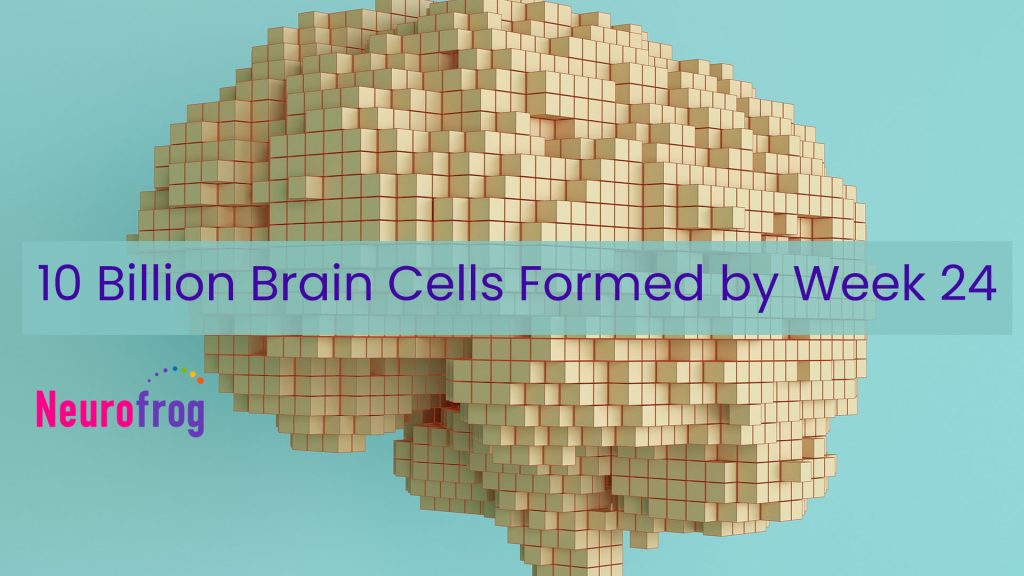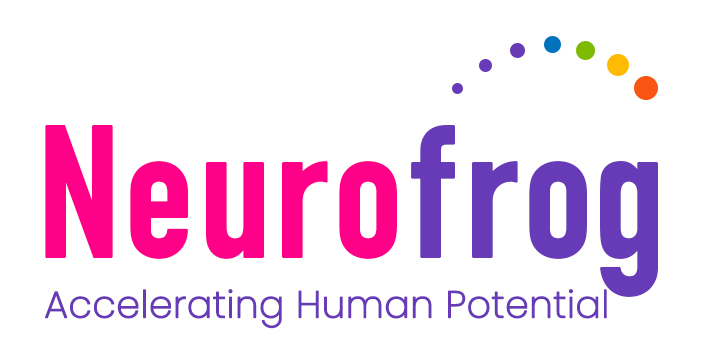first 1k days = training phase
10 Billion Brain Cells by
Week 24 of Pregnancy
Like the initial programming of a computer's operating system, the first 1,000 days of a child's life lay the foundational 'code' for their cognitive abilities, social skills, and emotional health. It's a pivotal period that sets the stage for all subsequent learning and development, profoundly shaping their life's trajectory.

The First 1k Days = Training Phase
The Impact of
Our Early Years
New neural connections form at a staggering rate of 1 Million per second.
This neural connectivity is the greatest in our early years and forms the basis for learning and behavior throughout life.
The number of brain cells start to rapidly increase around this pregnancy midpoint
By the 24th week, the brain’s cell count reaches an astonishing 10 billion. The nutrients the baby receives from their mother’s diet act as the catalyst for this extraordinary transformation.
At birth, a baby’s brain contains 100 billion neurons.
Understanding the
First 1,000 Days of Life
The First 1,000 Days refers to the period from conception to a child’s second birthday. During this time, a child’s brain, body, and systems are rapidly developing in response to their environment in preparation for the rest of their life.
All Babies are Born
Ready for Any Environment
Neuroscience tells us that babies are born in training mode and what they experience in their First 1,000 Days of life establishes significant patterns that provide guidance for the rest of their life.
Researchers have identified this early period as the most critical time in a child’s development, and the experiences and nutrients they receive during this time can have a significant impact on their future health, cognitive and social abilities, and life outcomes.
First 1,000 Days are
Training Data for the Rest
So, our early life experiences become a kind of prediction model of what to expect for the rest of our life. This is why a child’s early experiences help shape their life course. According to neuroscientists, during this early stage, our cognitive flexibility, or plasticity, is at its highest, making it the most optimal time for us to learn and adapt. This presents an incredible opportunity to play an active role molding and impacting the trajectory of every child’s life course.
Parents Help to
Shape their Children
Parenting plays a crucial role in the First 1,000 Days of life. Parental responsiveness, a safe and stimulating environment, and positive interactions are essential for a child’s development. Frequent interactions, such as talking, singing, and reading with your child, improve their language and cognitive abilities. These types of parenting practices have been linked to better social-emotional development and overall wellbeing for children.

During early childhood, from pregnancy to the age of five, our brains develop at an amazing rate – faster than at any other time in our lives.
The Science
is Unequivocal
The First 1,000 Days of life are crucial in a child’s development and sets the stage for their future health and wellbeing. It is essential to understand the significance of this period and the importance of those small regular parenting activities that promote child wellbeing and impacts their life course.
Share this thought

